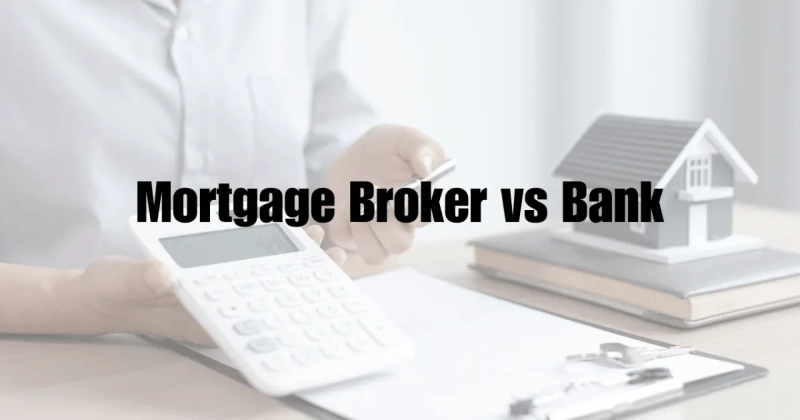For many people, real estate investment is a lucrative option, which has also helped them to earn a lot of wealth. Such investment agents invest in different types of properties, such as residential and commercial. Some people take home loans in Sydney and invest in a house, whereas some invest in commercial properties.
Commercial investment property is a lucrative investment in comparison with residential investment. Although commercial property investment provides higher returns, it also provides higher risk. Thus, it depends on your preference, risk tolerance, goals and market conditions when it comes to buying a commercial property.
Commercial Property Investment
A commercial property is land or property owned to conduct business practices or land used for business purposes. It could be a variety of things such as warehouses, garages, office buildings, hotels, retail stores, rental residential buildings, farmlands and many more. It has high profits and stable income, but it also has high risk and economic fluctuations. If you want to invest in commercial properties, consult the best finance broker in Sydney and get expert help.
Advantages Of Investing In Commercial Property
High Profit: Commercial properties offer high yields as they are used for business purposes. Such tenants are willing to pay premium prices, especially if the location is top-notch for the business. A good investor can draw national or even multinational tenants and profit greatly from the property. Long-term lease: Since the properties are used for business and commercial purposes, they have long-term lease agreements. These can range from 3 to 10 years or even more. Stable Income: Due to longer lease agreements, the investor can enjoy a stable income. Since the business has every intention of profiting from the property, they can provide timely rent and maintain the property in good condition.Tax Benefits: Commercial property owners can enjoy tax benefits from such properties and consult their finance broker in Sydney to know more. Property owners can get tax deductions for property expenses, property depreciation, and mortgage interest. Diversification: Investors diversify their investments to reduce overall risk. So, even if one property underperforms, they can still enjoy favourable returns from the other properties.Disadvantages Of Investing In Commercial Property
Economic Fluctuations: Businesses are more susceptible to market fluctuations than residential properties. Such businesses can be greatly influenced by market conditions and changes in the economy.Vacancy: The time taken by a tenant to fill a vacancy can greatly impact the earning potential of the commercial property investor. If the property is vacant for the long term, it can cause loss, income interruption, and affect cash flow.Property Management: For large commercial properties, the property management charges will be higher, and as a result, it may affect your investment. Consult the best finance broker in Sydney for better property management.Is Commercial Property Investment A Good Investment?
Commercial property investment is undoubtedly a better and more lucrative investment. However, whether it will benefit you depends on numerous factors. If you have a higher risk tolerance, research the market conditions and trends thoroughly, select the right location, and choose a good tenant, your commercial property investment will be bound to provide better returns. Hence, it may be a good investment for you.
Conclusion
Commercial property is a good investment, just like investing in a home through home loans in Sydney. However, commercial property has its own pros and cons. Although it offers high profit, stable income, diversification, long-term lease and tax benefits, it is subject to risks like vacancy, property management, and economic fluctuations. You need to consider factors such as location, quality of tenant, market conditions and risk tolerance levels to get the most out of commercial property investment.


